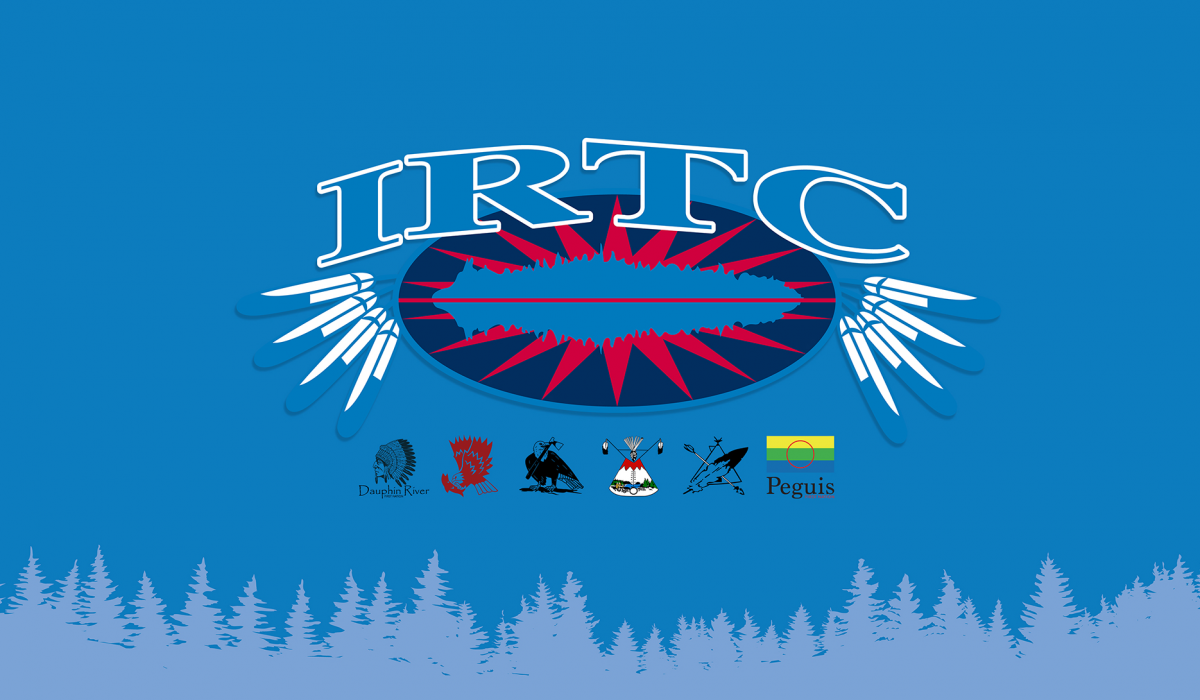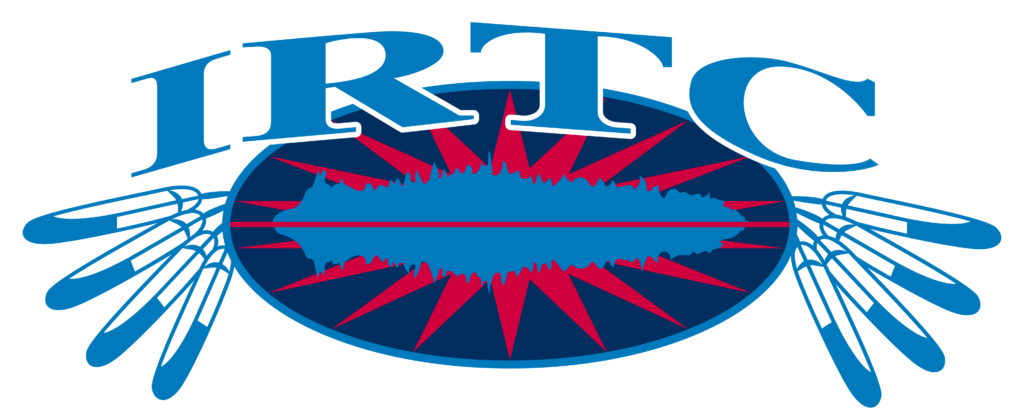FOR IMMEDIATE RELEASE: March 11, 2020
ANISHINAABE AND DAKOTA TERRITORY, MB — The Interlake Reserves Tribal Council (IRTC) and its member communities is questioning the Canada’s and Manitoba’s commitment to meaningfully include First Nations in the Lake Manitoba-Lake and St. Martin Outlet Channels Project. IRTC and its member communities were surprised to read an announcement from federal Impact Assessment Agency (IAA) on Monday saying the Province filed an Environmental Impact Statement (EIS) and the public has until April 23, 2020 to provide comments. The EIS includes studies to assess the impacts of the Channels Project.
More troubling than the unreasonably short timeline to provide comments (the EIS consists of thousands of pages of studies and multiple volumes of technical reports), is that the federal Agency accepted an EIS that does not include studies of the Project’s anticipated impacts on First Nations’ rights and interests. The studies are currently underway, and the Province knows this. Without these studies it is impossible to meaningfully consult on project plans or to develop effective measures to minimize impacts on Treaty and Aboriginal rights.
IRTC Chairman and Lake Manitoba First Nation Chief Cornell McLean states, “The Province has continued to say one thing in public about Indigenous consultation and act very differently when the cameras are off. The Province’s actions show that it is unwilling to do the heavy lifting required by the duty to consult and accommodate. Now it seems the federal Agency is acting the same way. Failing to include studies that are most important to our people and would help us find ways to reduce the damage the Channels will have on our Treaty rights and livelihood, is disrespectful and not in the spirit of reconciliation.”
McLean added, “The Channels, if not properly planned, will directly threaten to our way of life. I’m very concerned for about our fish stocks, our hunting, and our archaeological sites that represent a sacred connection to our past. I was hoping we had moved past the days of the federal and provincial governments doing things to us rather than collaborating with us.”
Karl Zadnik, Chief Executive Officer for IRTC, shared that, “In my experience in industry, the norm is for Traditional Knowledge and Land-Use Studies for each Indigenous community to be incorporated into the EIS before it is considered by regulators. You need these studies to inform the assessment of impacts.
“But I can’t say I am totally surprised by Manitoba’s failure to include these critical studies in its EIS. It is consistent with the dismissive way they have dealt with us for the past two years or so. We first told the Province we wanted to start these studies 20 months ago and our repeated requests were ignored and stonewalled. Then we discovered they went and illegally cleared the Right of Way for the Lake St. Martin Channel last spring without so much as notifying nearby First Nations. It shows the level of disregard this current Provincial government has towards First Nation interests and Treaty rights.”
-30-
For immediate questions or concerns please contact CEO, Karl Zadnik, via email:
karlzadnik@irtc.ca


